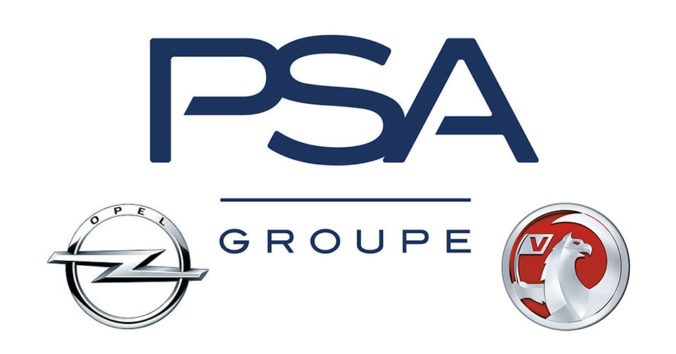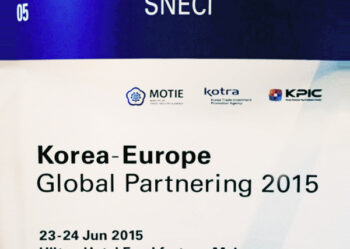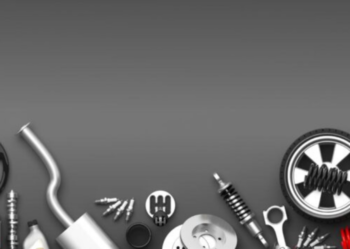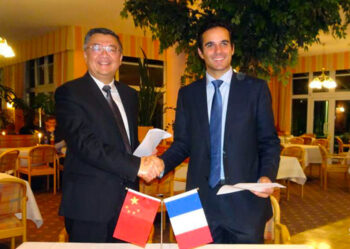PSA Group and GM announced the acquisition of Opel/Vauxhall by PSA Group

On March 6, 2017, PSA Group and GM announced the acquisition of Opel/Vauxhall by PSA Group, through a 2.2€ Billion transaction (1.3 Bn € for the automotive division only, while GM Financial’s European operations will be acquired by newly formed 50%/50% JV between PSA and BNP Paribas).
This announcement has taken the automotive industry by surprise, as, only a couple of years ago, PSA was in critical financial condition. It shows the amazing recovery from PSA, fostered by its CEO Mr. Carlos Tavares, with two successful strategic plans “Back in the Race” (2013-2015) and “Push to Pass” (2016-2021).
With estimated European sales of 3.0 Million vehicles in 2017, this acquisition establishes PSA Group as the #2 carmaker in Europe, with a 17% market share. VW will stay #1 with around 4.0 Million vehicles sold (23% market share), and Renault-Nissan will become #3 with around 2.5 Million vehicles sold (14.5% market share). Suppliers willing to develop on the European market should therefore focus on these three groups, which represent nearly 55% of the market.
The transaction will allow substantial economies of scale and synergies in purchasing, manufacturing and R&D. Annual synergies of 1.1 Billion by 2020 and €1.7 Billion by 2026 are expected, accelerating Opel/Vauxhall’s turnaround. A lot of these synergies will come from the increase of Opel’s European sourcing (which is currently at 45%, vs. 92% for PSA). In particular, since Opel’s industrial footprint is more weighted towards Eastern Europe, this could be a good opportunity to increase PSA’s sourcing in Eastern Europe.
Leveraging the successful partnership with GM, PSA expects Opel/Vauxhall to reach a recurring operating margin of 2% by 2020 and 6% by 2026, and to generate a positive operational free cash flow by 2020.
The fact that a German brand will now be included in PSA Group is another positive aspect of this transaction, given the reputation that the German brands benefit from. Moreover, it will allow PSA Group to significantly increase its market share in Germany and the UK.
Finally, this transaction allows PSA Group to gain access to collaboration with Honda on the Fuel Cell technology.
In conclusion, this purchase is a very good thing for PSA, even if some questions remain to be answered:
- How will PSA address a potential cannibalization of the brands, as none is low-cost nor premium (except DS, whose sales in 2017 will be below 100,000)?
- PSA will be even more Europe-centered (3.0 Million vehicles sold out of 4.3 Million globally, i.e. 70% of sales in Europe); but what will be the strategy of PSA Group in China, where PSA has been suffering since late 2015 (for projected sales of less than 600,000 vehicles in 2017) and where Opel is not present? Will PSA Group decide to launch the Opel brand in China, where it could benefit of its German image, or will it be launched in “easier” countries outside Europe first?
- Finally, even though commitments have been taken to keep all plants open until 2019, there seems to be a need to rationalize the industrial footprint in Europe (19 plants today).







